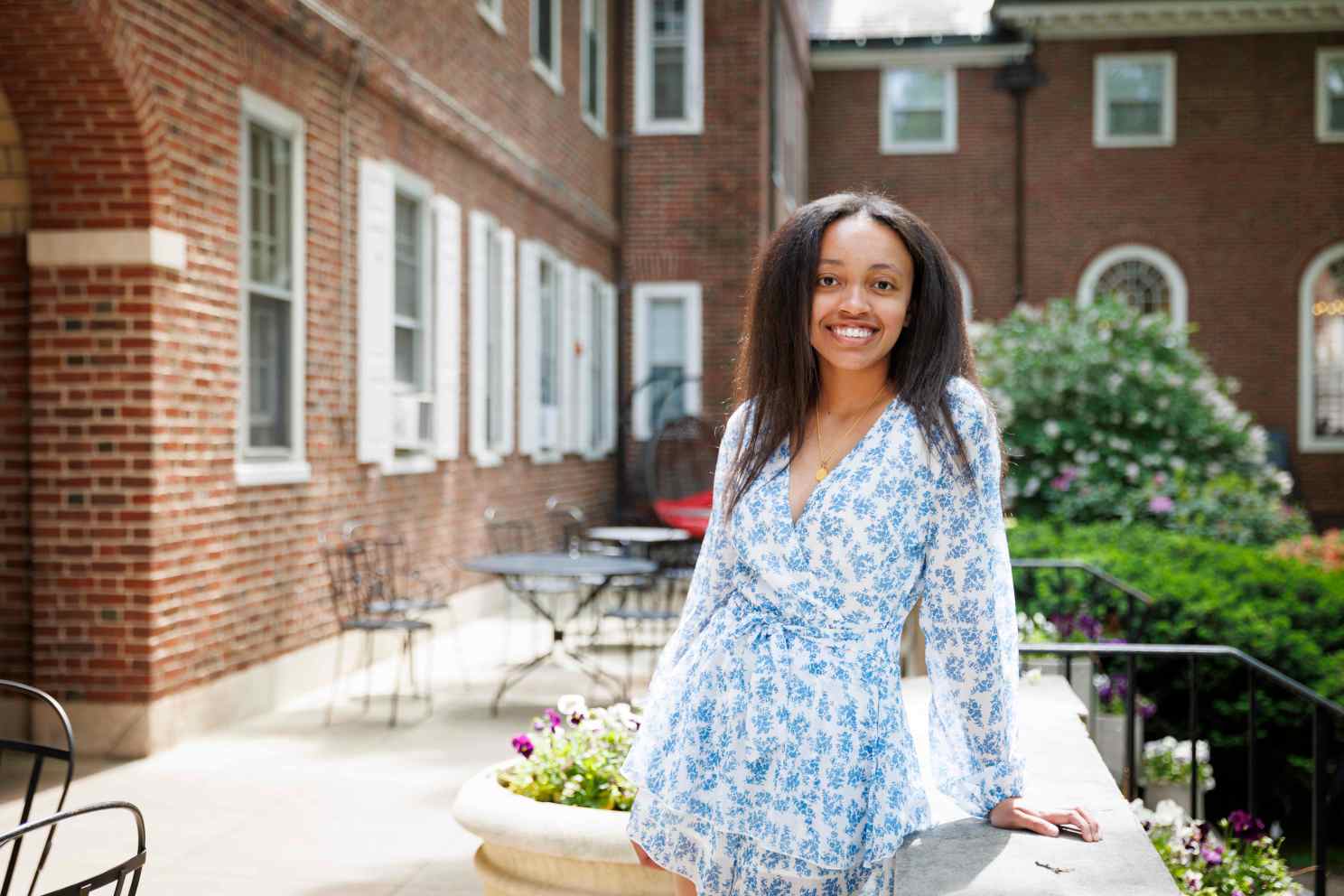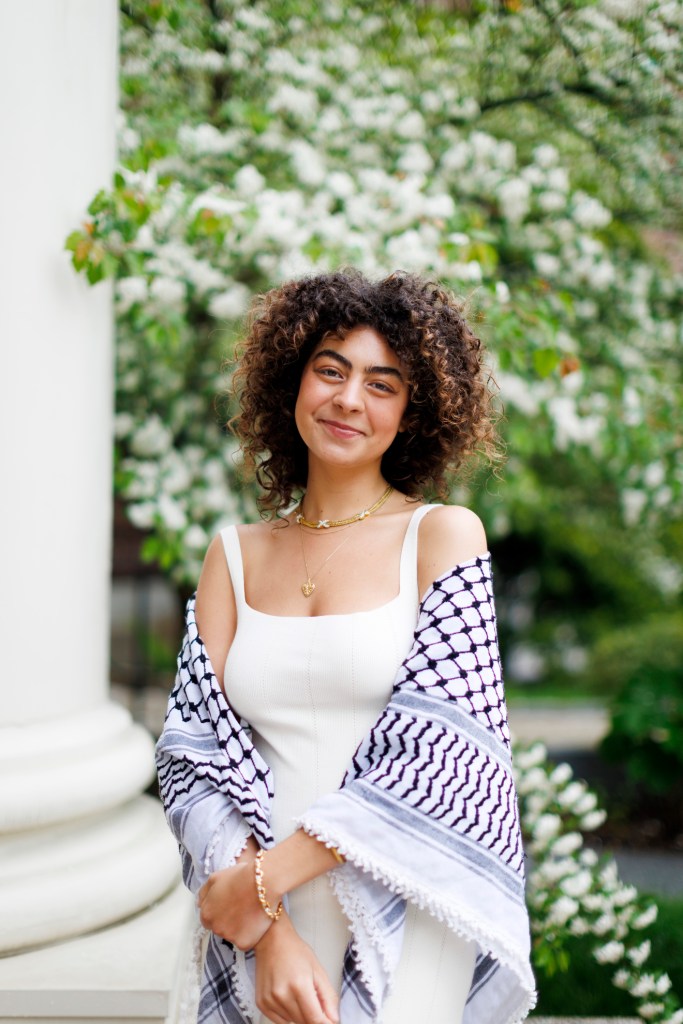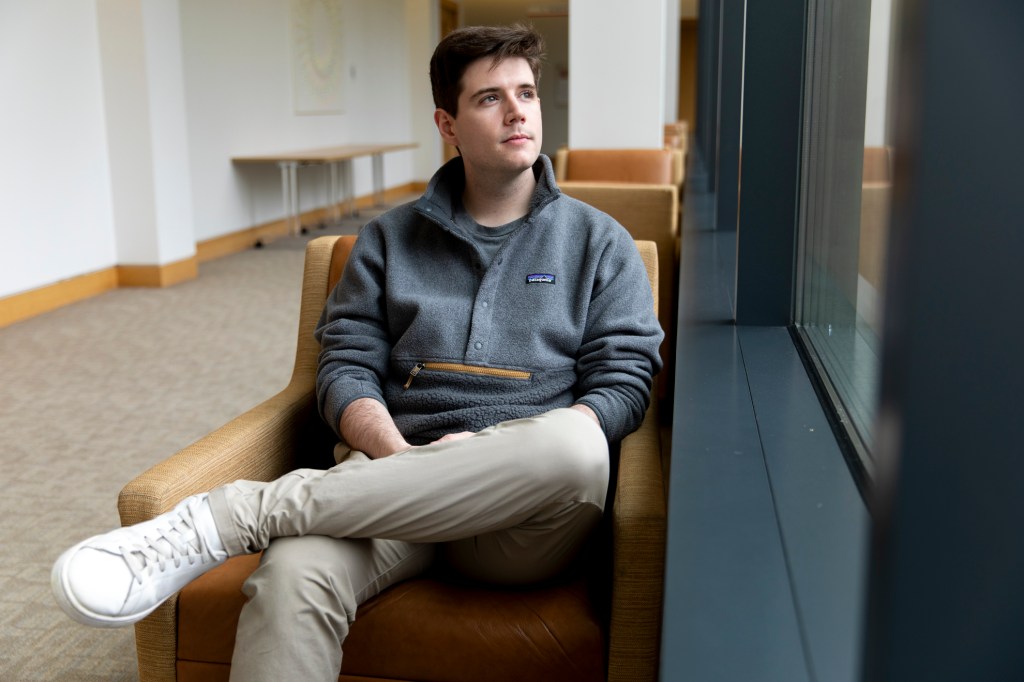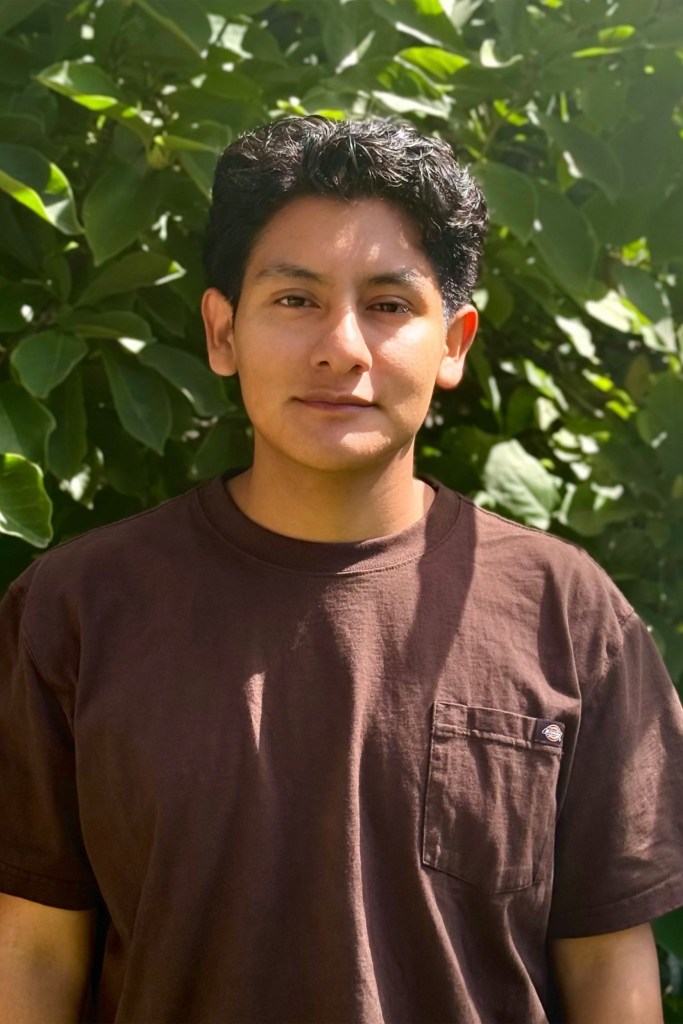Community connections

Sophia Scott.
Niles Singer/Harvard Staff Photographer
67 grads recognized for Civic Engagement
Every week, Sophia Scott ’25 travels from Cambridge to the Suffolk County Jail in Boston to teach a high school equivalency class to inmates hoping to get their diplomas. It’s a trip she has made since her sophomore year.
The work, which also includes conducting workshops and teaching public health, enabled the human evolutionary biology concentrator to be one of 67 College seniors to graduate on May 29 with a Civic Engagement certificate. Students in the program must complete three classes — including an engaged scholarship course — that provide rigorous perspectives on social issues, a 300-hour practicum, and a capstone retreat.
“This program is very intentionally designed to help students think about their path through Harvard and how to make the most of the College experience,” said Travis Lovett, assistant dean of civic engagement and service. “If you’re civically minded, it helps to reinforce that mission. The academic experience is all rooted in social issues. It has a very strong connection between theory and practice, and that’s incredibly valuable.”
Scott, a Kirkland House resident, said the certificate helped her connect with other peers interested in public service.
“For me, civic engagement means caring deeply about the communities that are not just around you, but the communities that are most in need and thinking about what you can do as an individual and as a collective to improve the experiences of those people,” she said.

Jana Amin.
Stephanie Mitchell/Harvard Staff Photographer
Jana Amin ’25, who was also in the first College cohort to graduate with the certificate, worked in the Emerging Leaders Program at the Harvard Radcliffe Institute as a mentor to high school students. Each year, Amin has been paired with two students to help develop their leadership skills and support a social change project they can implement in their communities.
“The cool part about the program is that it allows me to grow into being a leader, but it also helps me explore what it means to be a mentor,” the Near Eastern languages and civilizations concentrator said. “It’s a very specific kind of role that requires you to listen, to learn, and to be a resource for the students you’re paired with.”
Amin opted to take “Oral Histories with History & Literature” with lecturer Lilly Havstad as one of the three courses required for the certificate. The Mather House resident was able to connect the class, which explored the ethics of conducting oral histories, to her senior thesis on Palestinian women in Cairo.

Gavin Lindsey.
Veasey Conway/Harvard Staff Photographer
Gavin Lindsey ’25 took his final required course in the spring, choosing Elizabeth City’s GenEd offering “U.S. K-12 Schools: Assumptions, Binaries, and Controversies.” The double concentrator in environmental science and public policy and economics plans to use what he learned in the classroom when he begins working with Teach for America.
“The course has been stellar in teaching us what kind of disparities are present in teaching,” noted Lindsey, who ultimately envisions himself going into public service in the housing or economic development sector.

Anthony Miguel ’25 believes that civic engagement means working directly with his community in Santa María Tataltepec in Oaxaca, Mexico. “Oftentimes public service is overlooked or even undervalued in higher education,” Miguel said. “I feel like this is a next step to highlighting the importance of engaging with your community and bridging that gap between academia and that community.”
The double concentrator in computer science and molecular and cellular biology hopes to return to Mexico to address health concerns such as diabetes, which is the second leading cause of death among Mexican adults.




